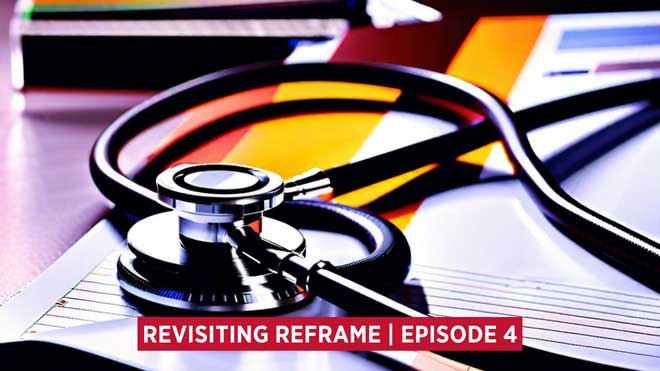Revisiting Reframe Episode 4: When Healers and Educators Unite: The Political Prescription for Change
In this episode of Reframe, the podcast from the College of Education, Health, and Society at Miami University, we present an eye-opening discussion that draws striking parallels between the worlds of education and healthcare.
